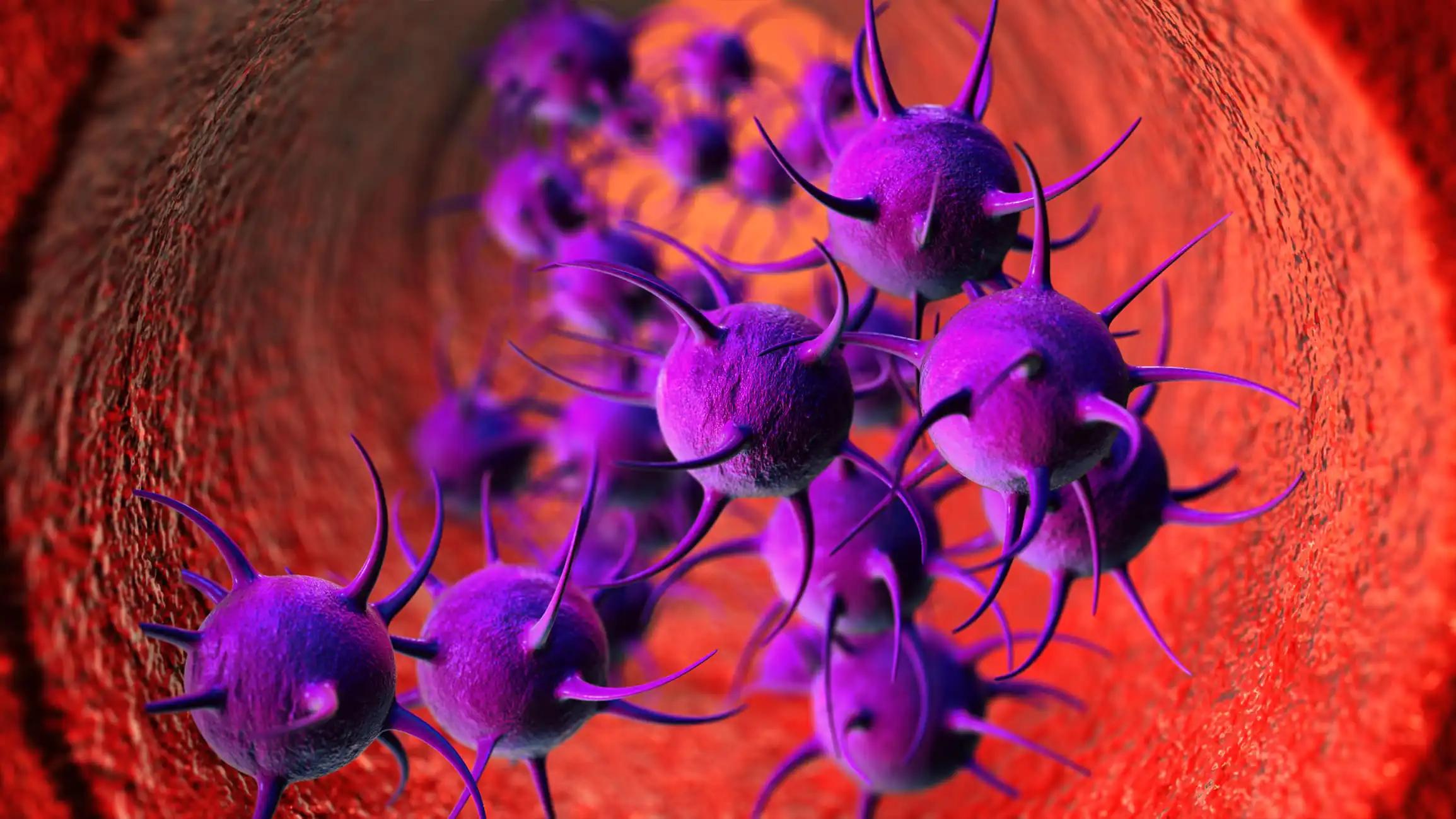KEY TAKEAWAYS
- The Phase 3 IKEMA study assessed the effectiveness of Isa-Kd in MM pts with 1q21+ status and related subgroups, during a 44.2-month long-term follow-up.
- Long-term IKEMA study results indicated that Isa-Kd offered better PFS and deeper responses than Kd in MM pts with 1q21+ status.
Amplification or gain of chromosome region 1q21 (indicated as 1q21+, with three or more copies) is a common chromosomal anomaly in multiple myeloma (MM), often linked to poor outcomes due to its role in therapy resistance and disease progression.
In the Phase 3 IKEMA trial’s prespecified interim analysis, Isa-Kd treatment in patients (pts) with relapsed MM led to a notable improvement in progression-free survival (PFS) compared to the Kd regimen alone. Specifically, the hazard ratio was 0.538 with a 99% confidence interval ranging from 0.318 to 0.889, and a one-sided P value of 0.0007. Long-term PFS analysis corroborated these findings, revealing a median PFS of 35.65 months for Isa-Kd versus 19.15 months for Kd.
Isa-Kd treatment resulted in a significant deepening of response, including higher rates of complete response or better (44.1% vs. 28.5%) and minimal residual disease negativity (33.5% vs. 15.4%), along with an acceptable safety profile.
The Phase 3 IKEMA study aimed to assess the effectiveness of Isa-Kd in MM pts exhibiting 1q21+ status, either in isolation or in conjunction with other high-risk chromosomal abnormalities (HRCA). The study focused on multiple subgroups within the IKEMA trial, including isolated 1q21+ (three or more copies without HRCA), gain(1q21), and amp(1q21), during an extended follow-up period of 44.2 months.
Patients who had undergone 1 to 3 previous lines of therapy were allocated randomly to either the Isa-Kd group (n=179) or the Kd group (n=123). The criteria for determining 1q21+ status were predefined, with a 30% cutoff by FISH, as follows: three or more copies for 1q21+, three copies for gain(1q21), and four or more copies for amp(1q21).
In the Isa-Kd and Kd treatment groups, nearly equal percentages of pts had 1q21+ status (41.9% and 42.3%, respectively). Additionally, 26.3% in the Isa-Kd group and 25.2% in the Kd group had isolated 1q21+. Rates of gain(1q21) and amp(1q21) were 24.0% and 30.1% in the Isa-Kd and Kd groups, respectively, and 17.9% and 12.2% for amp(1q21). Notably, pts treated with Isa-Kd showed improved progression-free survival (PFS) compared to those on the Kd regimen, particularly among those with 1q21+ status (HR 0.58, 95% CI 0.37–0.92). Enhanced depth of response was observed with the addition of Isa to Kd, indicated by elevated rates of very good partial response or better, complete response (≥CR), minimal residual disease negativity (MRD-), and MRD- in complete response (MRD- ≥CR).
Abnormalities in 1q21 have a detrimental effect on PFS in MM pts. The long-term follow-up of the IKEMA study showed that pts with 1q21+ status, whether or not accompanied by high-risk chromosomal abnormalities (HRCA), derived more significant PFS benefits and deeper responses from Isa-Kd than from Kd alone. These findings are in line with previous interim analyses and suggested Isa-Kd as a viable treatment option for the challenging-to-treat, 1q21+ relapsed MM population.
Source: https://clml-soho2023.elsevierdigitaledition.com/484/index.html
Clinical Trial: https://classic.clinicaltrials.gov/ct2/show/NCT03275285
Facon, T., Moreau, P., Špicka, I., Suzuki, K., Yong, K., Mikhael, J., Fukao, T., Bisht, K., Armstrong, N., Macé, S., Risse, M-L., Martin, T. Long‑Term Outcomes With Isatuximab‑ Carfilzomib‑Dexamethasone (Isa‑Kd) in Relapsed Multiple Myeloma (MM) Patients (pts) With 1q21+ Status: Updated Results from the Phase 3 IKEMA Study.



